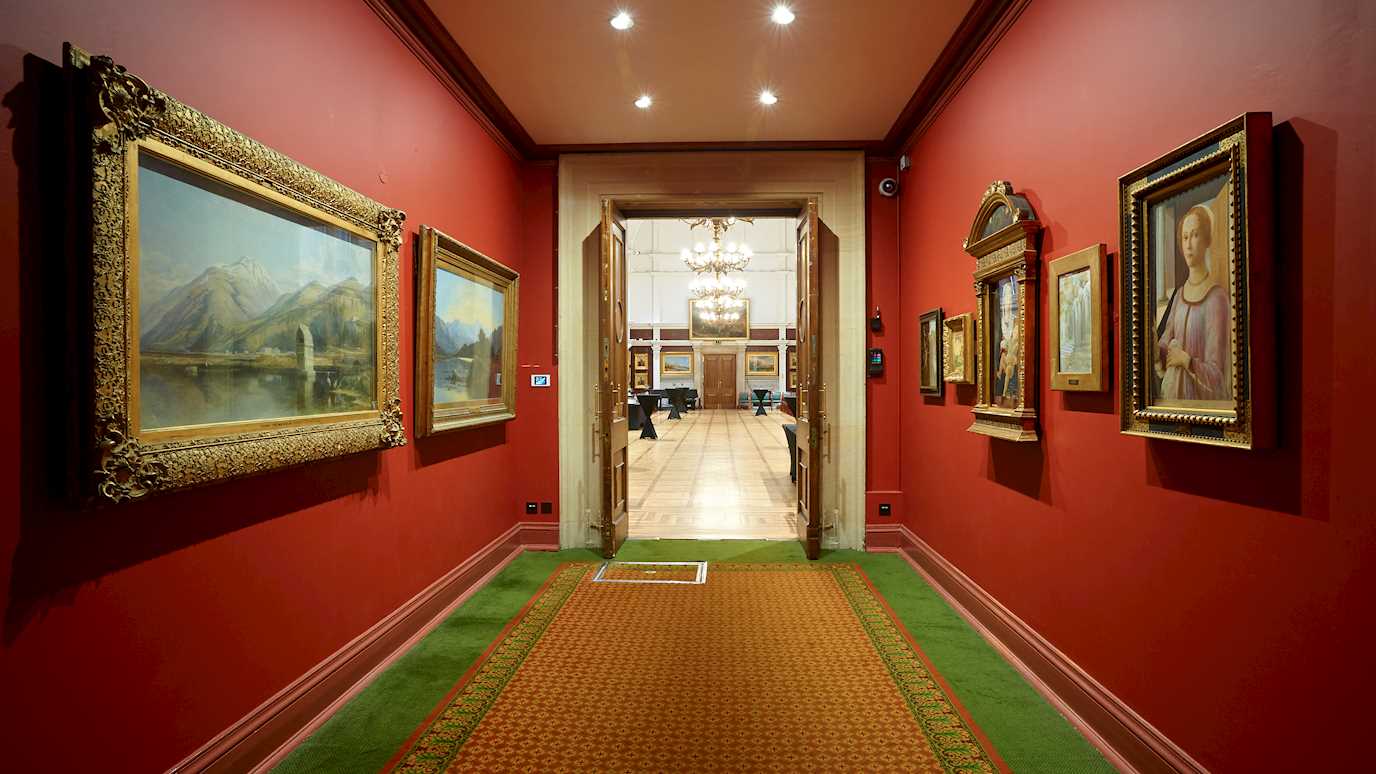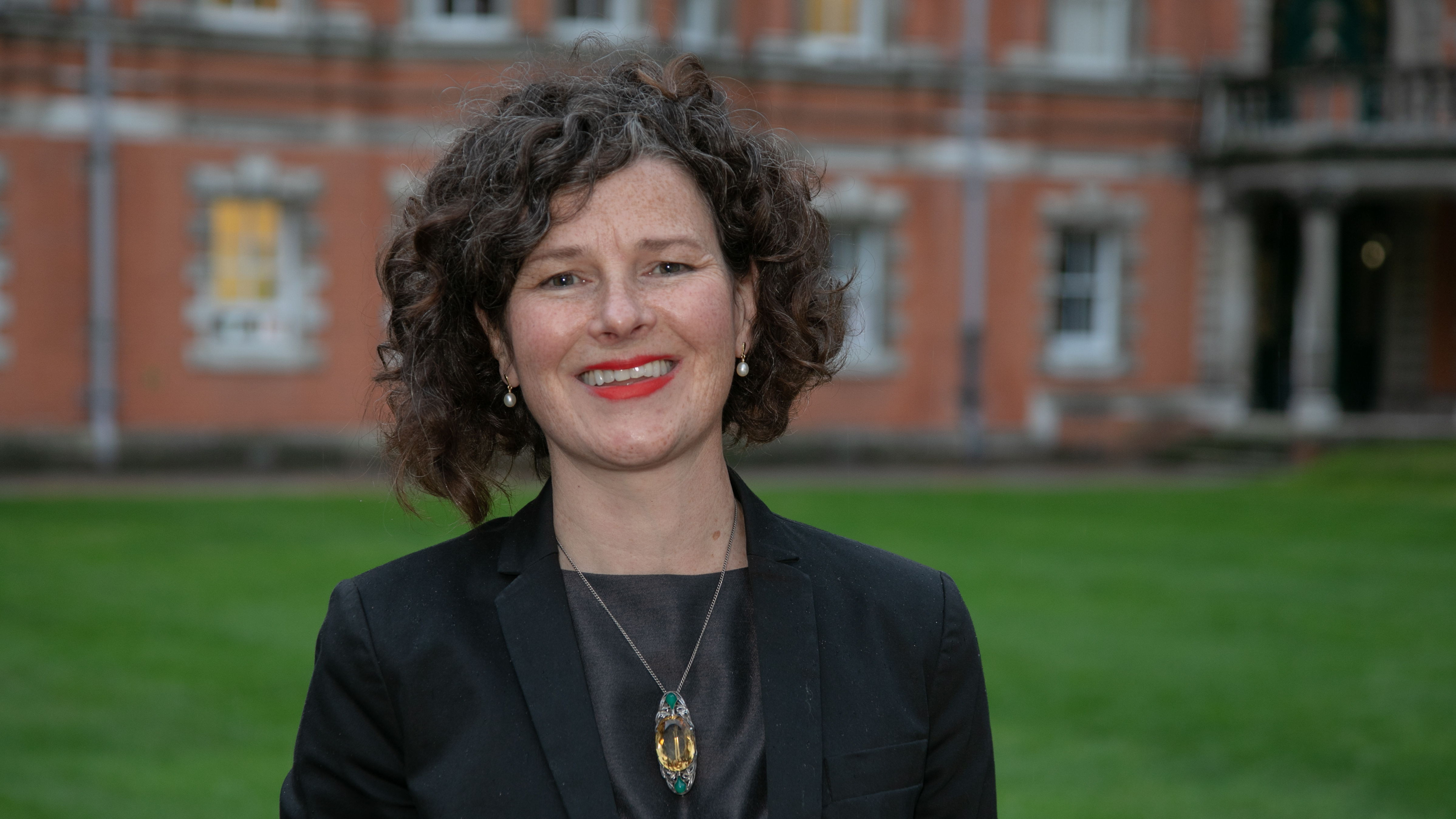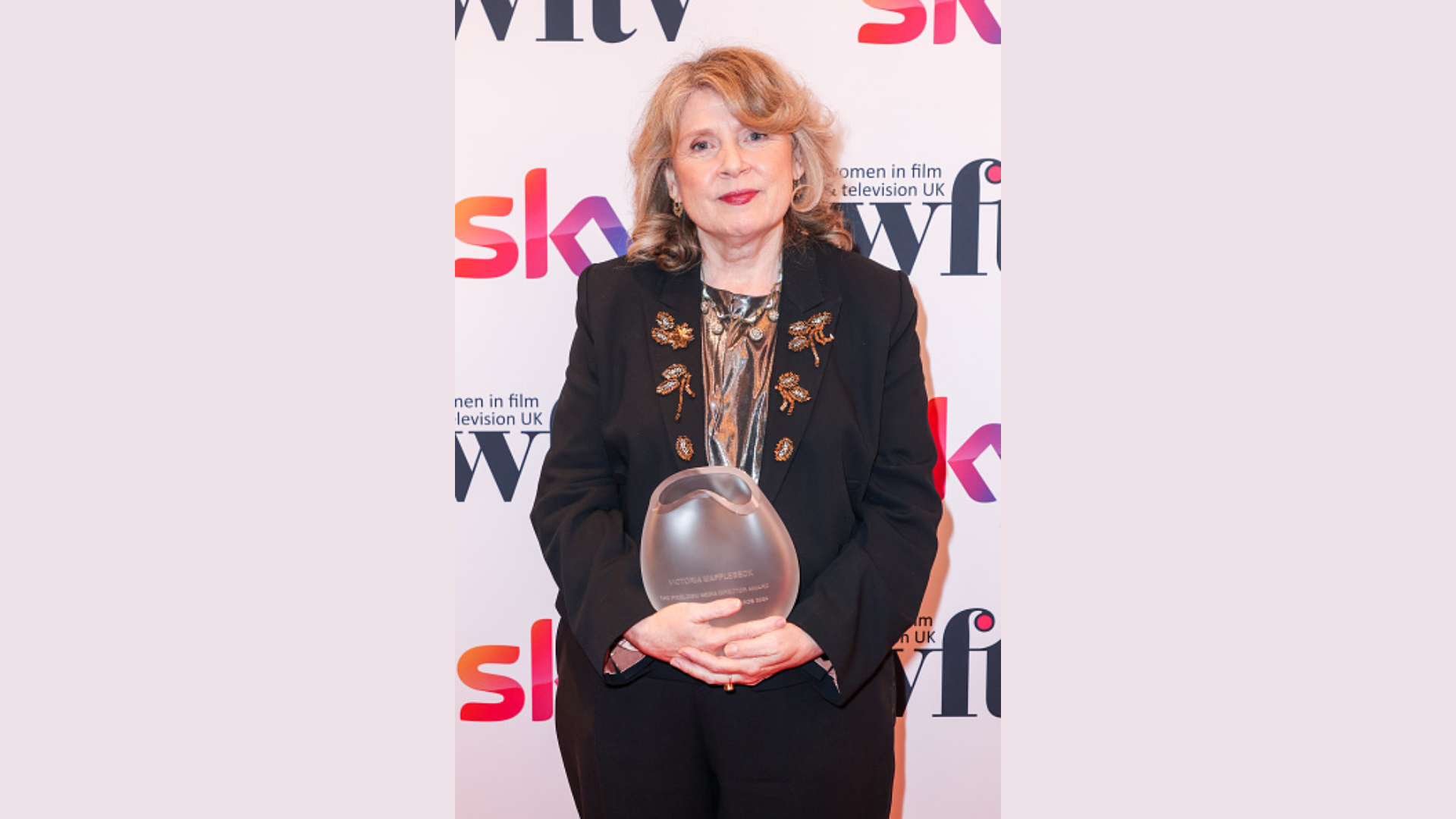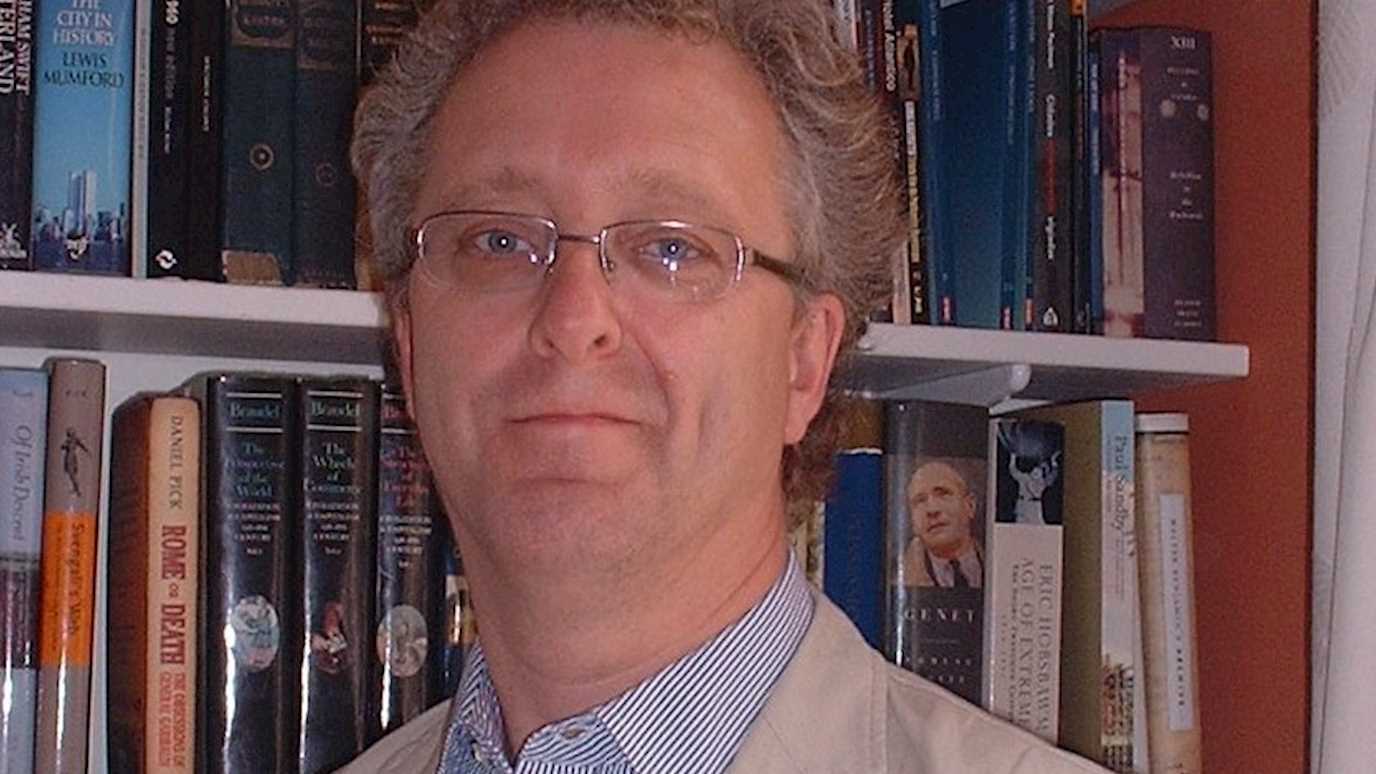Researchers across the UK will lead a project called The Sensational Museum to help heritage organisations to reimagine peoples’ experience of museums thanks to a £1million grant from the Arts and Humanities Research Council (AHRC).

Led by Professor Hannah Thompson from the Department of Languages, Literatures and Cultures at Royal Holloway, University of London, the project will transform access and inclusion within the museum sector by putting disability at the centre of museum practice and acknowledging the diversity and difference of all visitors.
The project team, which includes social design specialist Professor Anne Chick from the University of Lincoln, psychologist, Dr Alison Eardley from the University of Westminster and museum studies expert Professor Ross Parry from the University of Leicester, will work with disabled and non-disabled visitors, staff and sector organisations to test a range of new ways of accessing museum collections and cataloguing objects.
The 27-month project (April 2023-July 2025) will focus on two key areas: how museums manage the objects they look after and how the stories behind these objects are communicated to the public. When a museum receives a new object they create a description of it for their catalogue. These descriptions traditionally focus on what the object looks like. The Sensational Museum will encourage museums to also think about what the object sounds and feels like.
At workshops and events across the UK, The Sensational Museum will develop a sense-based approach to collection and communication. This approach assumes that no specific sense, such as sight, smell or hearing, is necessary to experience museum collections.
Professor Hannah Thompson from Royal Holloway, said: “Many people want or need to access and process information in ways that are not entirely visual, but this can become a problem in museums, which can be very sight-dependent places.
“We want to create a museum experience that plays to whichever senses work best for everyone and we aim to give all visitors inclusive, engaging, enjoyable and memorable experiences. This starts with how the object is catalogued.”
Professor Ken Badcock, Senior Vice Principal of Academic Strategy and Research at Royal Holloway, added: “The Sensational Museum is an exciting project that builds on academic strengths across Humanities and Social Sciences, drawing on Royal Holloway’s traditional affinity with the cultural sector, and works with a range of project partners.
“The target to create examples of what an enriched and inclusive museum experience could be is exactly the sort of impact that the university is looking to generate.”
Professor Ross Parry, Director, Institute for Digital Culture, University of Leicester, said: “This will be a project where we do something we’ve never tried before – following a museum object through its journey.
“Right from being collected and entering the museum for the first time, through its moment of documentation, up to when it is displayed and experienced in exhibitions and public activities.
“As we follow that object, we will be able to trace and evidence what gets imposed by our systems and practices – the moments when sensory assumptions are made in describing and recording the object, and in the way museum staff are assumed to interact with it. We have the opportunity, in other words, to re-imagine a new accessible form of collections management – both for people visiting and working in museums.”
Dr Alison Eardley, from the Department of Psychology at University of Westminster, added: “Taking a co-creation approach and working with disabled audiences and practitioners, our exploration, piloting and testing phases will be underpinned by empirically driven quantitative and qualitative research. This will ensure generalisable outcomes will form the bedrock of a process of change across the sector, enhancing the museum experience for all visitors.”
























